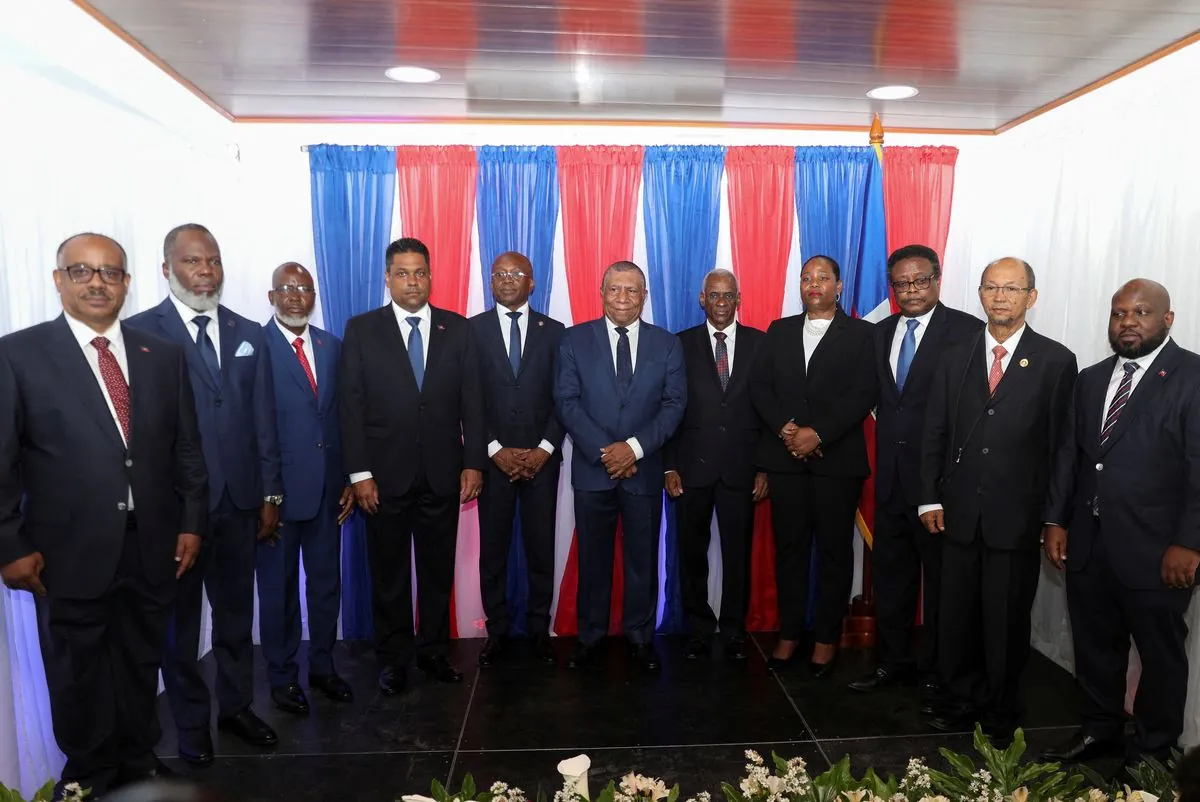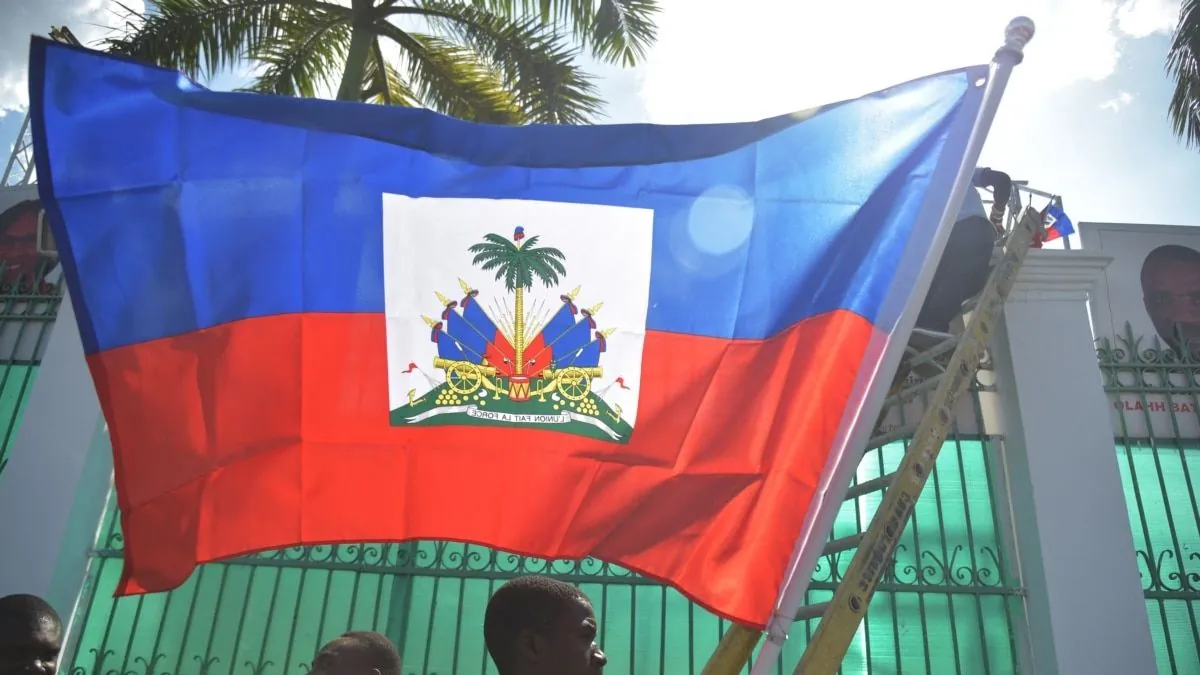Haiti Forms New Electoral Council, Paving Way for Long-Awaited Elections
Haiti's government establishes a provisional electoral council to organize the country's first general elections since 2016. The council, representing various sectors, aims to address political instability and prepare for 2026 presidential elections.

In a significant development for Haiti, the government has established a provisional electoral council, marking a crucial step towards holding the nation's first general elections in over eight years. This move comes as the country, which gained independence in 1804 as the first black republic, grapples with ongoing political instability and economic challenges.
The newly formed council consists of seven members, representing diverse sectors of Haitian society, including farmers, journalists, human rights activists, and the Vodou community. Smith Augustin, a member of the transitional presidential council, confirmed the council's creation, noting that two positions remain to be filled.
This electoral body is tasked with organizing the elections and developing the necessary legal framework. The establishment of this council is a response to international calls for Haiti to address its political vacuum and pave the way for democratic processes.

Haiti's political landscape has been tumultuous since the assassination of President Jovenel Moïse in July 2021. The country, which shares the island of Hispaniola with the Dominican Republic, has not had a sitting president for over three years and last held elections in 2016. This prolonged period without elected leadership has exacerbated the nation's challenges, including widespread poverty and vulnerability to natural disasters.
The previous electoral council was dissolved in September 2021 by then-Prime Minister Ariel Henry, who accused it of being partisan. This action delayed planned elections and led to accusations of Henry clinging to power, which he denied. Henry's tenure, which began shortly after Moïse's assassination, was marked by promises to hold elections that were ultimately unfulfilled due to escalating gang violence.
Earlier this year, gangs controlling a significant portion of Port-au-Prince, the capital, launched coordinated attacks on critical government infrastructure. This unrest culminated in Henry's resignation and the formation of a transitional presidential council.
The new electoral council faces the daunting task of organizing presidential elections by February 2026. This timeline reflects the urgency of restoring democratic governance in a country where the median age is about 24 years, highlighting the youth of the population affected by these political developments.
Haiti's challenges extend beyond politics. As the poorest country in the Western Hemisphere, it struggles with a low literacy rate of around 61% and severe deforestation, with only about 2% of its original forest cover remaining. The nation is also highly vulnerable to natural disasters, as evidenced by the devastating 2010 earthquake that claimed over 200,000 lives and subsequent cholera outbreaks.
Despite these obstacles, Haiti boasts a rich cultural heritage, including vibrant art and music scenes. The country's resilience is further demonstrated by its historical significance as the first nation to permanently abolish slavery.
As Haiti moves forward with its electoral process, the international community watches closely, hoping for stability and progress in a nation that has long struggled with political and economic challenges. The success of this new electoral council could be a turning point for Haiti, potentially leading to more stable governance and addressing the long-standing issues that have hindered its development.


































